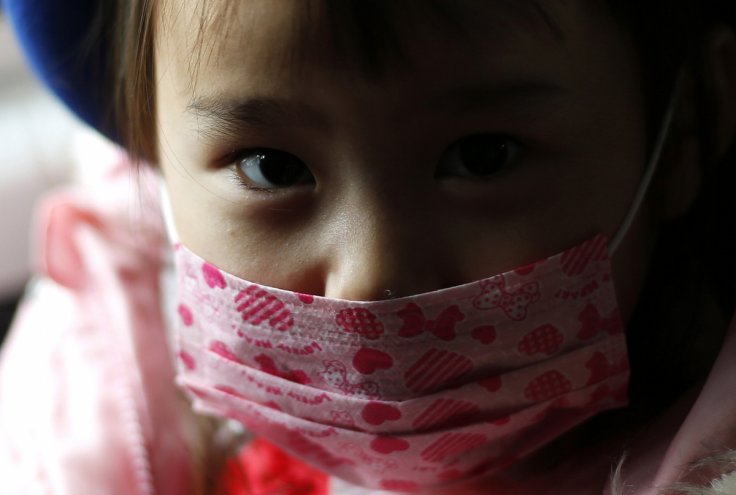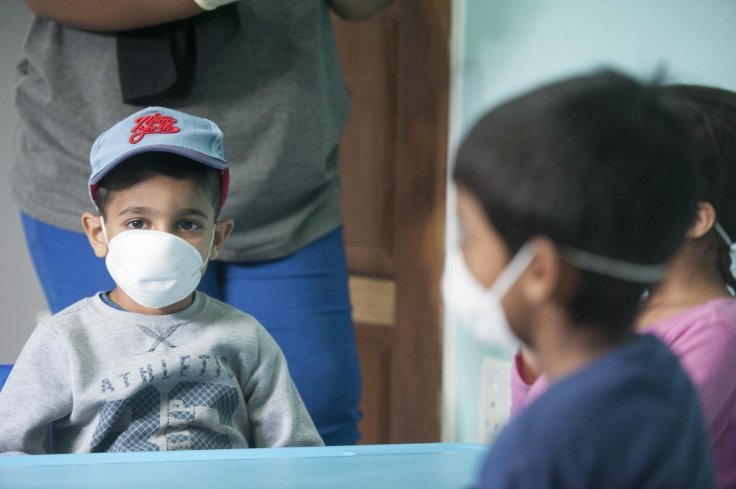The Coronavirus pandemic has taken more than a million lives since it first hit the world in 2019. But the virus is affecting children in a very different way. According to UK doctors, up to 100 children per week are being hospitalized with a rare disease, which can emerge weeks after COVID-19.
These cases are now worrying pediatricians. It was found that 75 percent of the children worst affected by the rare disease, pediatric inflammatory multi-system syndrome (PIMS) were black, Asian or ethnic minorities (BAME). Doctors noticed that four out of five children had no previous health issues.
In the early months of the Coronavirus pandemic when PIMS emerged, experts thought that it was Kawasaki disease that mainly affects infants and babies. But later healthcare experts recognized PIMS as a novel post-viral syndrome that one in 5,000 children develops almost a month after contracting Coronavirus-caused disease, regardless of whether they had any symptoms.
The condition involves rashes and body temperature can go up to 40 degrees Celsius. The blood pressure can also drop to a dangerous level and PIMS affected child can develop abdominal problems. As of now, two children are thought to have died due to the rare disease.

The Rare Disease in Children
According to The Guardian, the number of such cases has increased compared to the first wave. Hospitals in the UK have been admitting up to 100 children a week during the second wave, while in April last year, the number was 30 per week.
Every day, children aged between 12 and 15 are believed to have fallen sick since the beginning of January 2021. Cases of PIMS have emerged in many places, but mostly in London and south-east England. These are the areas where the new novel Coronavirus variant—B.1.1.7 or Kent Variant—has caused a sharp rise in COVID-19 cases.
An expert in infectious diseases in children, Dr. Hermione Lyall, who is the clinical director for children's services at Imperial College Healthcare NHS Trust in London, has collected some evidence. She made a presentation in a recent webinar. A part of her presentation showed that in a "first national report" into 78 patients with PIMS who were admitted in ICU, 47 percent were of Afro-Caribbean origin and 28 percent of Asian background – between five and six times higher than the 14 percent of the UK population who are BAME.

Dr. Liz Whittaker, who is the PIMS spokesperson for the Royal College of Paediatrics and Child Health, said that they are conducting research to understand why this population is affected. She claimed that genetics may play a role in such cases. "But we are concerned that it is a reflection of how this is a disease of poverty, that disproportionately affects those who cannot avoid exposure due to their occupation, multi-generational households and crowded housing," said Dr. Whittaker.
Separate data showed that 60 percent of the 107 cases of PIMS which Dr. Marie White of the Evelina had treated until January 13 were black African or Caribbean children.
Dr. Habib Naqvi, the director of the NHS Race and Health Observatory has called for an urgent investigation on these cases. "We are concerned at these early findings and know structural health inequalities can affect the lives of individuals from ethnic minority backgrounds across their lifespans," he said.









